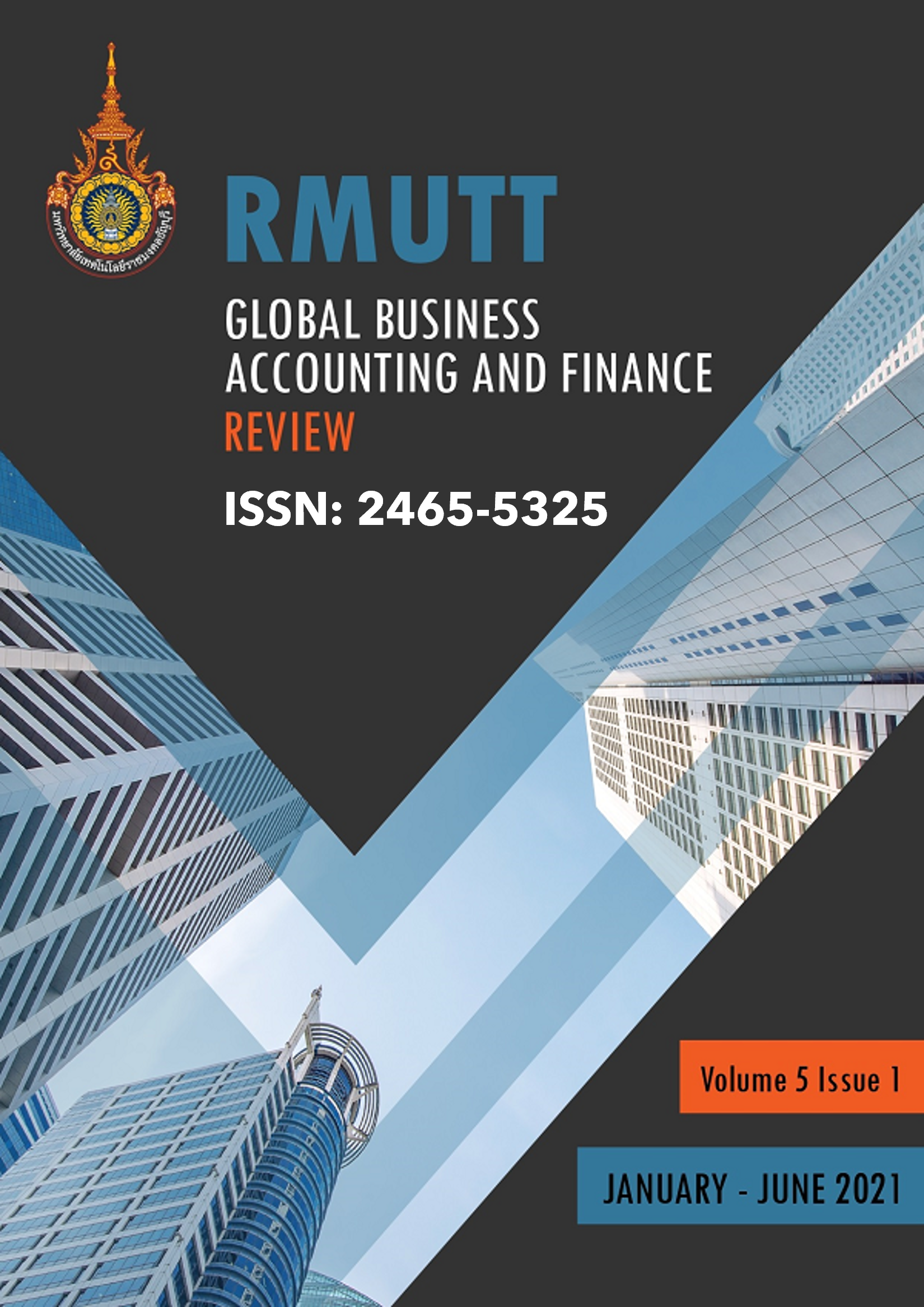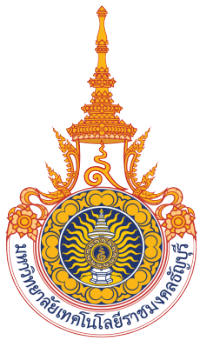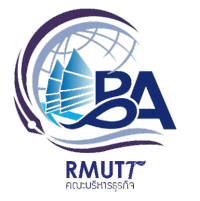EDUCATIONAL INSTITUTIONS AND THE QUALIFICATIONS OF BEING A TEACHER IN THE DIGITAL AGE: A CASE STUDY OF THE CENTRAL REGION OF THAILAND
Keywords:
Intelligence, Self-Sufficient, Morality and EthicsAbstract
This qualitative research is intended to study the purposes of the development of educational institutions and suitable qualifications for teachers in the digital age. Research instrument was a semi-structured questionnaire which was used for depth interviews. The study samples were 20 education administrators from 10 educational institutions under the Ministry of Education in Thailand. The data was collected until it was saturated. The results indicated that the educational institutions want to develop learners to achieve three characteristics as follows: 1) Intelligence, mind, and healthy body;2) Good citizenship, self-sufficiency, and responsibility; and 3) Social and environmental development. In addition, the result also indicated that the characteristics of teachers in the digital age consisted of four points of view as follows: 1) The teachers in the digital age must be a person with knowledge of what to teach and experience; therefore, teachers in the digital age cannot teach according to the textbook only. 2) The teachers must have good internet and computer skills because all knowledge of the current era is about the internet and computer. 3) The teachers must be able to communicate in English. and 4) The teachers must be a person with morality and ethics, being ashamed of sin and act as a good role model for their students and society.
References
Aristotle. (2000). Nicomachean ethics. Cambridge, UK: Cambridge University Press.
Boydell, T. (1985). Management self-development: A guide for managers, organizations and institution. Geneva: International Labor Office.
Chakaphisut, S. (2007). Community and participation in education management (Edition No. 2). Bangkok: Institute National Development Administration.
Cronbach, L. J. (1970). Essentials of Psychological Test (4th ed). New York: Harper Collins.
Greenfield. (1991). Development International Education Programs. San Francisco: Josscy – Bass.
Isaah, N. M. (2019). Role of the administrators in the development of moral schools. According to teachers' opinions Under the Office of Private Education in the three southern border provinces. Academic conference the 20th National Graduate Research Works (p.1928-1937). Khon Kaen: Khon Kaen University.
Nanthachai, S. (2011). Professional ethics for educational administrators. Bangkok: Sam Charoenpanit Press (Bangkok).
Office of the National Economic and Social Development Board. (2017). 12th National Economic and Social Development Plan (2017-2021). Bangkok: Office of the National Economic and Social Development Board.
Smith. H. B. (2004). Description of effective and ineffective behavior of school principals. Dissertation Abstract International. 35.
Stogdill. R. M. (2004). Handbook of leadership: A survey of theory and research. New York: The Free.
Teachers and Educational Personnel Council Act. (2003). Royal Gazette Volume 120, Part 52 Kor. (24 May 2003).
Udom, P. (2015). Being Teacher. Songkhla: Faculty of Education. Thaksin University.
Van Miller. (1965). The Public Administration of American School. New York: Macmillan Publishing Company.









